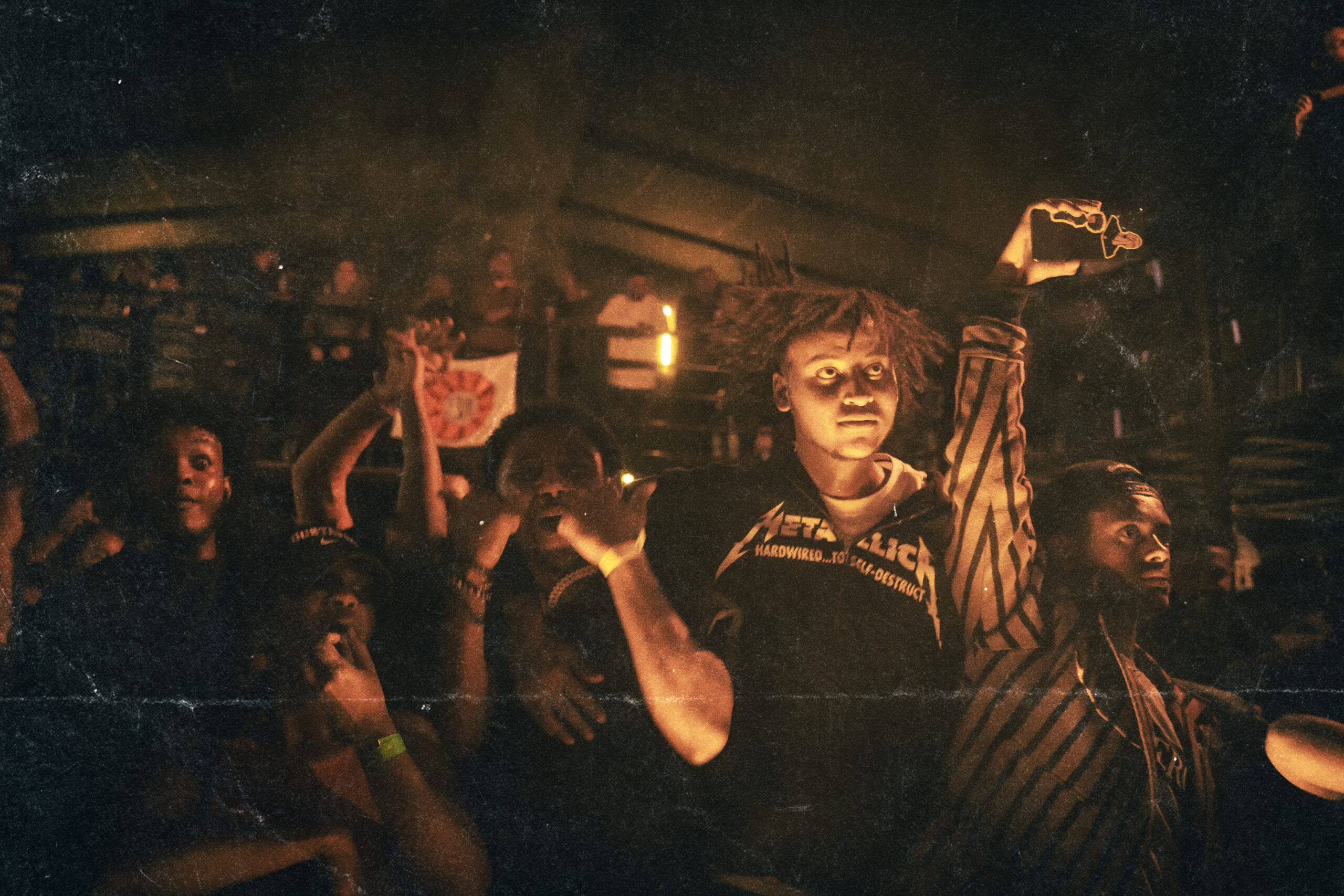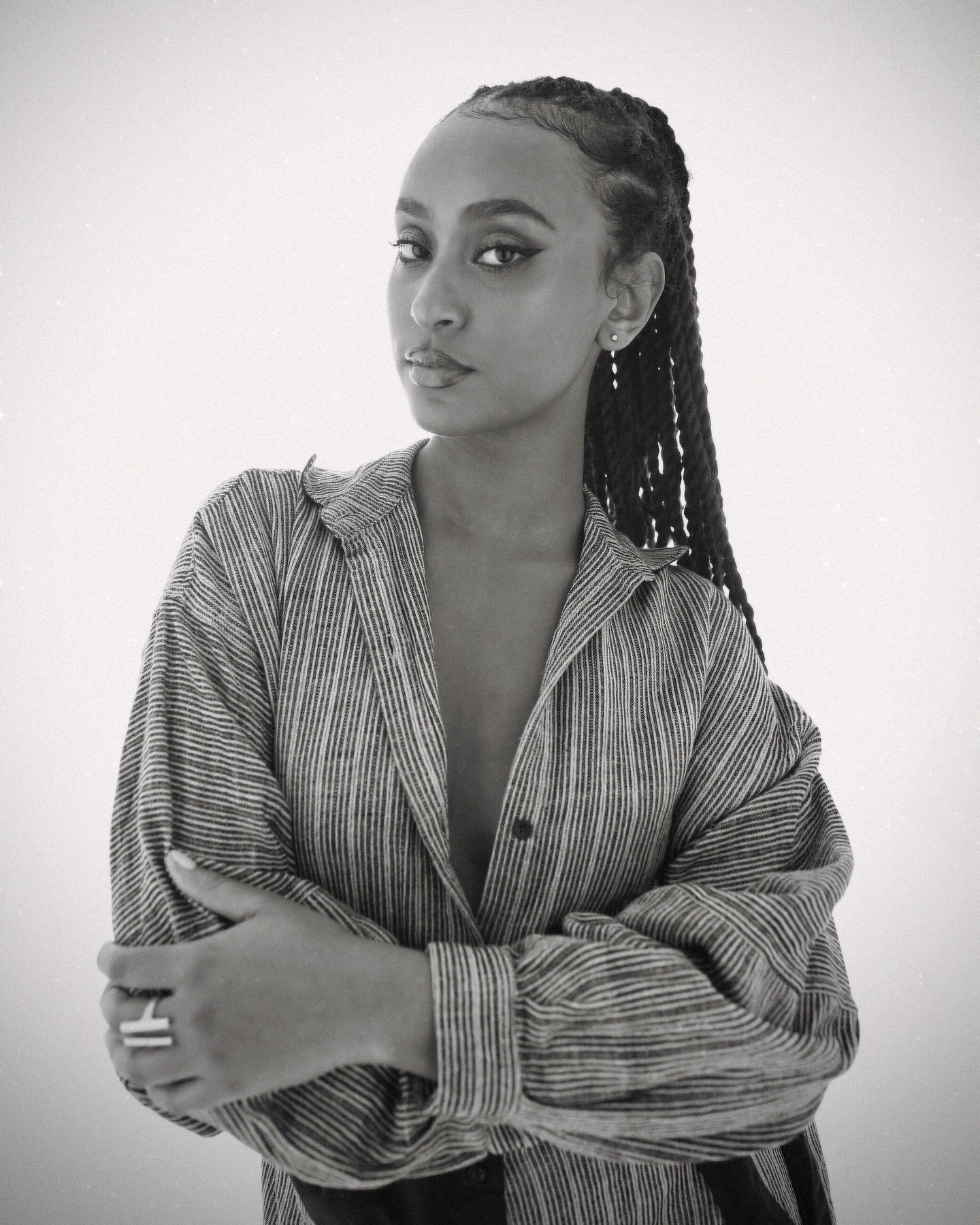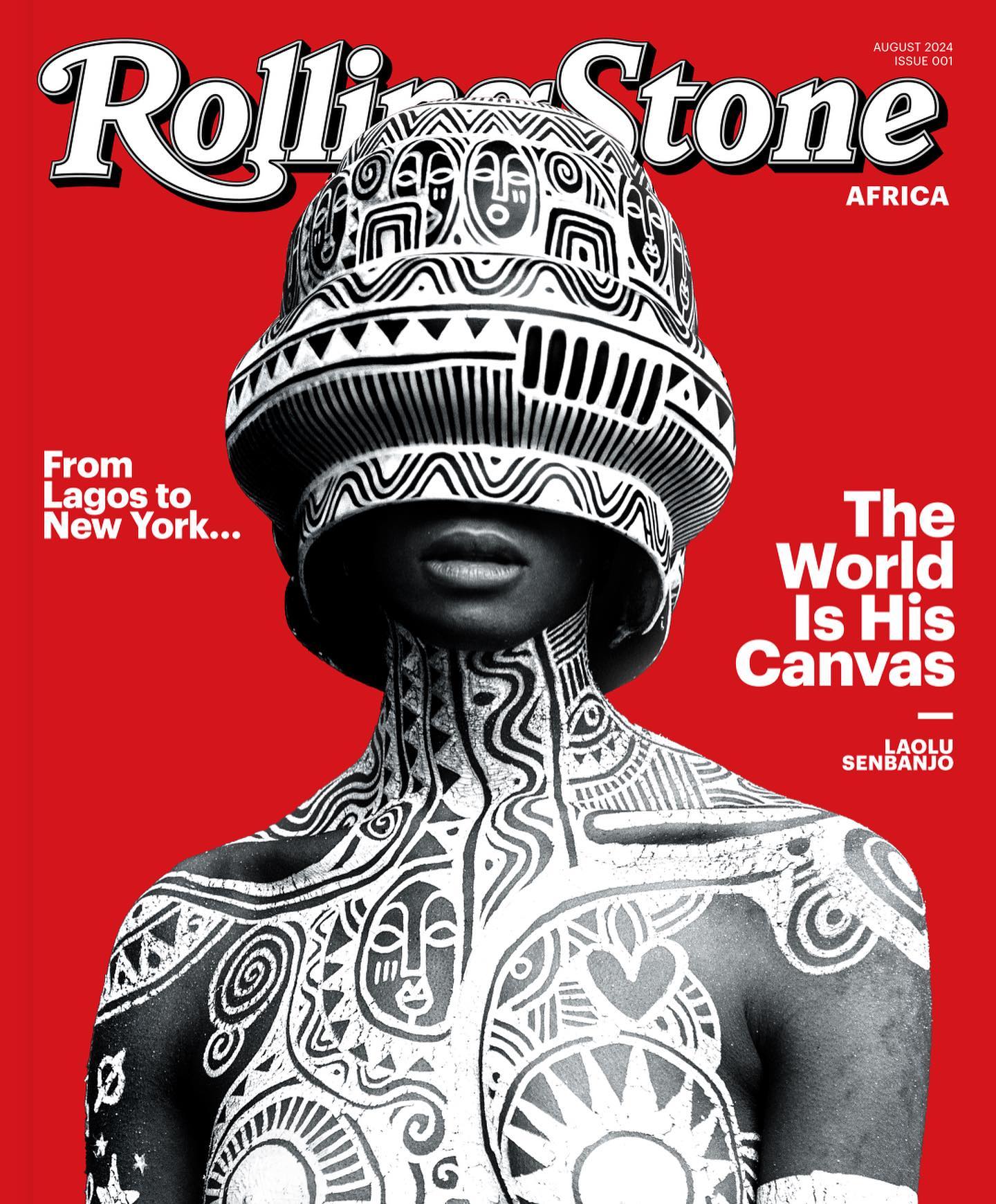

The LAB WITH YH
As African people continue to create, influence and dominate pop culture, fashion and music on the world stage, all eyes are rightfully on the Mother Continent at present—a long time coming, some might say. However, one corner of the continent that has yet to step into the spotlight, as much as the others, is East Africa, and with it the second most populated country in Africa: Ethiopia.
With a population of 123.4 million, 60% of whom are under the age of 25, Ethiopia’s future seems limitless as it begins to develop at an extraordinary pace, owing to a steady mix of rapid urbanisation, industrialisation and Chinese ‘investment’. Opening up to the world after a period of political and social turbulence since the downfall of the Derg military dictatorship in 1991, today, Ethiopia’s rich religious and political history, as one of the oldest Christian countries on the planet and Addis Ababa the designated HQ of the African Union, draws tourists and diplomats alike.
Addis Ababa (or Finfinne) means ‘new flower’ and ‘fountain of hot mineral water’ in Amharic and Oromo, respectively. The name is fitting, considering the Ethiopian capital’s cultural, economic, and social bloom. As access to the internet rapidly grows and cultures connect online, the youth are determined to cement Addis Ababa as a major hub of creativity and entertainment, blending their cultural heritage with the globalised, outward-looking approach that takes them beyond the insular unity of Ethiopia in the face of inter-ethnic conflict. Young Ethiopians aren’t waiting around for the world to take notice of them—instead, they’re building their own infrastructure, making noise on their own terms and languages, and commanding attention.
The strategy is a combined, worldwide effort, with youth in the diaspora working with their counterparts to build awareness and share skill-sets. Whether it’s nightlife, music, fashion or sport, Addis is steadily becoming an exciting cultural gem in the Horn and beyond.

Blen Mekonnen (Bana Records) / Photo by Mikiyas Melesse
Where Ethiopian music is most commonly associated with the Ethio-Jazz that originated in the 1950s, musicians such as Mulatu Astatke and Hailu Mergia have toured to international acclaim, while other local but popular music hasn’t translated as widely to global audiences—not least due to the fact that it’s almost exclusively in local languages (mainly Amharic or Oromo, both of which are the largest tribes in the country), whereas Ethio-Jazz largely relies on instrumentation, making it more palatable to global audiences.
Figures like Abdu Kiar, Aster Aweke and Teddy Afro are superstars at home and across the diaspora, selling out shows in hotpots like the DMV area and California where there are concentrated communities. The language barrier is also linked to the fact that Ethiopia uses its own alphabet, making it more inaccessible. Non-Ethiopians will find that singing along to lyrics they might not necessarily understand but know how to pronounce (i.e. the same way many non-Yoruba speakers do with Asake) is not possible.
However, the new generation of Ethiopian artists and creatives—who have largely grown up with access to the internet and a more globalised outlook on things—are determined to share their culture and talent on equal footing, bridging the gap through collaborative DIY methods and focusing on building a strong foundation and infrastructure for creatives on home soil, using their love of culture and community to shape them. There is a focus on quality and authenticity—the high-scale productions being put together by young Ethiopians wouldn’t look out of place in a reel from a production company based in LA or London, for example.
Homegrown labels like Meedo Records and Bana Records are developing contemporary Ethiopian pop stars and, alongside them, executives across marketing, production and recording. An entire independent ecosystem has developed, signalling a bright future for Ethiopia’s music industry. The young artists themselves blend the Ethiopian music they grew up on with the influences of pop, R&B and hip-hop they gained access to via the World Wide Web and by watching television. Ebne Hakim, whose debut album is exclusively in Amharic and is being released under Sony Music, and Kassmasse, who landed a Protoje feature last year, are part of the cultural shift that has helped Ethiopian music put it’s foot forward. Blen Mekonnen, co-founder of Bana Records and herself a recording artist, explains the balancing act that many are facing, telling RSA: “Our mission is to celebrate Ethiopian culture while providing a platform for them to achieve global access by bridging the gap.”
Working with labels across the continent and spreading the word has seen a pique in interest from the majors and distributors alike. And where there is music, nightlife soon follows, and Addis is no exception. The city’s status as a political hub brings a diverse crowd of diplomats and travellers who love a good night out. Taking inspiration from Boiler Room-style event production, The Lab with YH—run by DJ, producer and promoter Yohannes Hadish—is just one example of young Ethiopian creatives taking matters into their own hands. “There was a need for an experimental, experiential space that allowed patrons to experiment in an immersive and exciting way,” says YH of setting up The Lab. “Over a year old now, it is fast becoming a fan favourite with over 1,500 attendees. Our blend of hip-hop, jazz and house music has a unique Addis spin on it, which is really putting us on the map right now.”
As well as Ethiopians based in Addis building the groundwork, diasporans have mobilised during key holiday periods, too, such as Boston-based marketeer and promoter Jonathan Bekele, who runs World Afrika—an event which focuses on African music across the States. Bekele has thrown parties and events with artists such as Burna Boy, Odumodublvck and Uncle Waffles. World Afrika, like many second-generation immigrants, goes back home to Addis during the Christmas period; many Ethiopians go back to visit their families ahead of the Ethiopian Orthodox New Year in early January.
Bringing acts such as Berhana and DJ Moma of Everyday People to Addis for the benefit of both Ethiopian natives and tourists, Bekele points to the increasing number of Ethiopian heritage artists in Western music who are openly embracing their culture on the world stage—whether that’s The Weeknd launching a coffee line last year to “celebrate Ethiopia’s coffee culture and coffee excellence”, or World Afrika putting together Berhana’s second headline show in Addis with support from fellow Ethiopian-American Alameda. “Our culture is rich and beautiful,” Bekele adds, “and when these trailblazers from around the world bring their artistry and share it with the community here in Addis to liven the creative scene, it’s a beautiful thing.”
Indeed: Berhana’s sophomore album, Amén: የዘላን ህልም (The Nomad’s Dream), was conceptualised and filmed in Addis Ababa, based on Ethiopian culture, and is currently receiving plaudits across the globe.
With World Afrika events in Addis continuing to sell out, the trajectory looks positive from Jonathan Bekele’s point of view. “Ethiopia is an untapped market with so much potential and infrastructure,” he says. “Its history, beauty and thriving scene just hasn’t been showcased on a global scale as much as West Africa and the Southern parts of Africa, and much of it has to do with our language barrier.” For him, World Afrika is not just a party but almost an ambassadorial channel of communication from Ethiopians to the world, encouraging them to visit and see what the fuss is about for themselves.
Outside of music and nightlife, skate culture has grown exponentially in the city. With many major streets closed on Sunday mornings, go to the historic (now-demolished) Piassa district and you’ll see an army of children and young people—ranging anywhere from the age of 4 to 25, of varying abilities—skating on the roads. For this, we have Ethiopia Skate to thank.
Founded in 2013 with the mission to “build skateparks and run youth development programs in Ethiopia to promote health and well-being, access to educational resources, community development, gender equality and economic growth”, Ethopia Skate have built four skateparks in total (two in Addis) across the country, with dreams of building more across the Horn, from Asmara to Mogadishu, mobilising a cross-border skateboard community. Building an online community of over 60,000 followers on Instagram alone, Ethiopia SKate also has a community hub in the heart of Addis where they organise lessons in English and Maths as well as creative workshops across photography and textiles.
So, what’s next for Addis Ababa? As the rest of the world gradually sits up and pays attention, young Ethiopians on the ground will continue to curate, collaborate and carve the foundations of an ecosystem that allows them to share their creative talents with the world whilst maintaining and spreading the traditional Ethiopian values of community and craftsmanship. Instead of waiting for opportunities to be handed to them, they are creating their own.
“We just be doing shit,” he says. “Sometimes I do a couple songs, sometimes I only do one song. Sometimes I do five songs. I work every day though, so I make a boundless amount.” Hopefully, the new artists around him are taking notes.

© Copyright Rolling Stone Africa 2024. Rolling Stone Africa is published by Mwankom Group Ltd under license from Rolling Stone, LLC, a subsidiary of Penske Media Corporation.
By providing your information, you agree to our Terms of Use and our Privacy Policy. We use vendors that may also process your information to help provide our services.
By registering for our sites and services, you agree to our Terms of Service (including, as applicable, the mandatory arbitration and class action waiver provisions) and our Privacy Policy.
We use vendors that may also process your information to help provide our services.
This site is protected by reCAPTCHA and the Google Privacy Policy and Terms of Service apply.
By providing your information, you agree to our Terms of Use and our Privacy Policy. We use vendors that may also process your information to help provide our services.